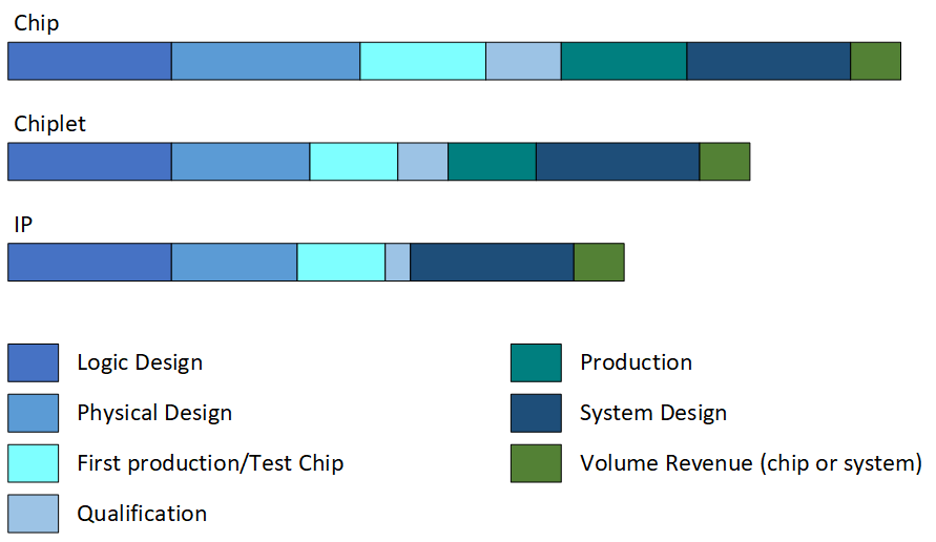
David Friedman’s Substack
Men want wives, women want husbands. The price of a wife or a husband is what you have to give up to get her or him. In some societies, but rarely in ours, it takes the form of cash paid as bride price, dowry or dower. While explicit payments of this sort are not a part of our marriage institutions, people who get married do so with some general understanding of the terms they are committing themselves to: how free a hand each will have with the common funds, what duties each is expected to perform, and so on. Think of the terms of this understanding as a price serving the same function as an explicit price in other markets.
Imagine, for example, that a plague kills off many young women of marriageable age. Afterwards, young women find it easy and young men difficult to get married. One result is a change in the price of a spouse. Men are implicitly bidding against each other for wives; their offers include their willingness to accept marriage terms favorable to the bride. This is particularly likely if divorce is easy, as in our society it is; if the man who promised before the wedding to do everything his wife wanted proves less accommodating afterward, some other man will be willing to take his place. The supply of wives has gone down, the price of a wife up. Similarly, with roles reversed, if a war killed off a lot of young man, reducing the supply of husbands — or, if you prefer, the demand for wives. In a barter market, which marriage is, the supply of one good is the demand for the other.
Supply and demand work just as on any other market. The quantity supplied of wives — the number of women willing to marry — will be higher and the quantity demanded lower, the higher the price. The model is symmetrical; we can just as easily speak of the quantity demanded and quantity supplied of husbands. As long as all marriages are monogamous, the number of husbands supplied and the number of wives demanded are the same, since a man seeking to become a husband is a man seeking to obtain a wife, just as, on a barter market, someone who offers to trade wine for beer is both supplying wine and demanding beer.

















